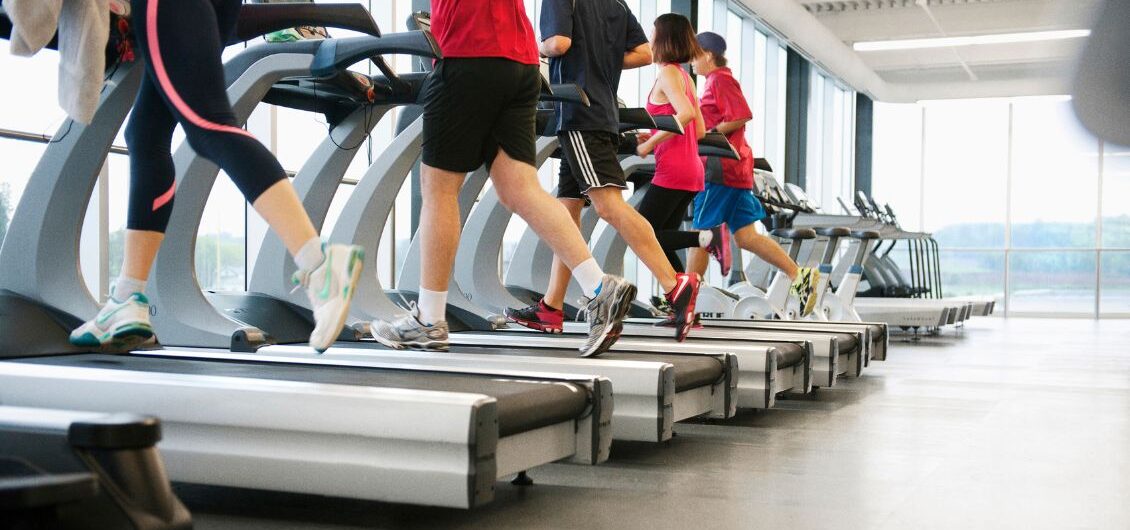
Hello again, future gaiter! One of the initial lessons you’ll learn at Bishop’s is the importance of finding a balance between the theory and practice of good habits. Thinking about attending school and being in school are two very different things. When you arrive on our campus, for example, you get overwhelmed with information, new faces, and a new environment. When I got to Bishop’s, my heart was beating so fast I thought it would fall right out of my chest. Learning how to juggle new responsibilities, academics, and health was a challenge.
Initially, academics might take a back seat. During this honeymoon phase, when everything is rosy, attending class seems less crucial than attending orientation week events, and socializing takes priority over coursework. This is completely normal!
If you’re anything like me, the desire to meet everyone and enjoy every weekend stays with you until the end of the first semester. For me, the realization that my honeymoon phase had ended struck during the midterm season. I found myself unprepared for exams and essays and stuck in a cycle of stress without a clear sense of how to catch my breath.

Don’t get the wrong idea. This blog isn’t meant to dissuade you from going out; in fact, socializing is a fantastic way to make friends and build lasting memories. It’s essential. What I recommend, though, is finding a healthy balance. But how do you do that?
Managing your time
One of the best pieces of advice for starting university is to keep a proper agenda. With an agenda, you can visually organize all of your tasks in one place. Even the most eager students may forget assignments in the midst of everything that’s going on. So, having an agenda will help you with time management and limit potential stress.
It’s also important to get a head start on your assignments. You may underestimate the time required to do an essay until you find yourself working on a nine-page paper three days before the deadline. Don’t go there. Break down your workload into smaller objectives. If an essay is due in two months, put specific reminders in your agenda, such as “complete research this week” or “write and edit the introduction three weeks from now,” etc. This approach allows me more time for reflection, error correction, and helps to reduce stress over deadlines.
Compromise

Managing your time also means compromise. You can’t have everything or benefit from every opportunity that comes your way. In stressful situations, the key is to make compromises and choose the things that matter most to you. For example, if you plan to go out on Thursday but have an essay due on Friday, consider compromising your time earlier in the week to work on that essay, so you can enjoy your night out without worrying. If you have an early morning commitment the next day, you may decide to skip that night out. Don’t worry, there will be plenty of other opportunities to go out at Bishop’s!
This brings me to the concept of FOMO, or the “Fear of Missing Out.” It’s a common experience for new students, but my advice is to balance present enjoyment and future considerations. I had it bad during the first month here. I was overwhelmed with the possibilities of meeting new people and creating memories… It was so exhausting! FOMO isn’t just about missing out on a party or meeting new people; it also applies to future opportunities. Focusing on the present might make you feel like you’re missing out, but in reality, neglecting your studies could mean missing out on future job opportunities.
This isn’t meant to stress you out; it’s a reminder that compromise is part of the journey to achieve your goals. I genuinely believe that the experiences meant for you will come at the right time and place. So, don’t fret too much; just surf the wave.
Staying healthy when living alone for the first time
I think that one aspect that students often overlook when moving out of their parents’ house for the first time is their health. Without mom and dad around to remind you to eat healthy or take a walk when the weather is nice, you now find yourself as the adult in the situation. Balancing health and convenience becomes a challenging decision for students when they are exhausted from schoolwork. When you return home from classes, the allure of microwavable ramen in your cupboard may be tempting, especially with limited time to make a healthy meal.
After the first month here, I was feeling exhausted, and it took me a lot of energy to get out of bed. I called my mom and asked her if I should go see a doctor. She asked me if I was eating correctly… I wasn’t. I started eating healthier and I became more productive, happier, and my grades went up! It changes everything, trust me!
While most residences at Bishop’s come with a meal plan, students eat at “Dewies,” our dining hall. Since I live in Paterson with a kitchen, what has proven most helpful for managing my time is meal prepping. It not only offers a break during the week but also allows for healthier meal choices.
Incorporating exercise is another effective way to stay in shape. Bishop’s provides a gym that includes specific hours for women and non-binary people, that way everyone can workout without the worry that all the mean football guys are taking over the whole gym (you’ll see that appearances can be deceiving, football guys are usually just big teddy bears, but you’ll learn that soon enough!).
Most people don’t know that there are gym hours for women and non-binary people, therefore, the gym is almost always empty! That is when I like to go because you don’t have to wait for the machines! The gym was also a great place to spend time with my roommates. We would get up early in the morning and that is where we’d bond!
In short…
The thing I recommend the most when you arrive at Bishop’s is to use your first semester as a “try out”; try different approaches to how you want to live your university experience.
For example, when I got to Bishop’s in my first semester, I tried out three different study techniques and chose the one that I thought would be the most effective. Then you can put to practice that technique in your second term. I also went out a lot in the first semester; the fall semesters are usually very festive which gives you plenty of occasions to live new experiences. I learned in that first semester the tendencies of when the student population was more festive and which days of the week weren’t as interesting to go out, etc.
This is a trial-and-error experience, and there is no wrong answer!


